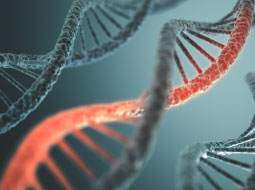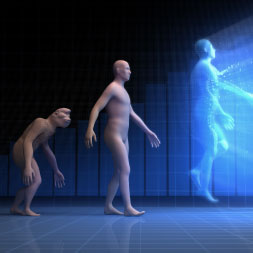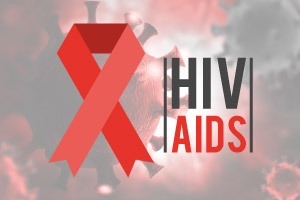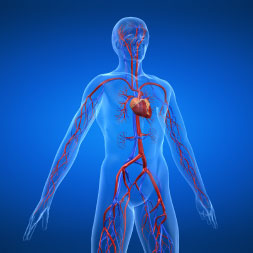Online courses directory (423)
Malaria, HIV/AIDS, Influenza, Measles - we’re in a constant battle against infectious diseases. This is a course about the dynamics of such diseases - how they emerge, how they spread around the globe, and how they can best be controlled.
In this course you will learn about how and why DNA and protein sequences evolve. You will learn the theory behind methods for building and analyzing phylogenetic trees, and get hands-on experience with some widely used software packages.
Consists of a series of hands-on laboratories designed to give students experience with common techniques for conducting neuroscience research. Included are sessions on anatomical, ablation, neurophysiological, and computer modeling techniques, and ways these techniques are used to study brain function. Each session consists of a brief quiz on assigned readings that provide background to the lab, a lecture that expands on the readings, and that week's laboratory. Lab reports required. Students receive training in the art of scientific writing and oral presentation with feedback designed to improve writing and speaking skills. Assignments include two smaller lab reports, one major lab report with revision, and an oral report.
This course encompasses the study of eating as it affects the health and well-being of every human. Topics include taste preferences, food aversions, the regulation of hunger and satiety, food as comfort and friendship, eating as social ritual, and social norms of blame for food problems. The politics of food discusses issues such as sustainable agriculture, organic farming, genetically modified foods, nutrition policy, and the influence of food and agriculture industries. Also examined are problems such as malnutrition, eating disorders, and the global obesity epidemic; the impact of food advertising aimed at children; poverty and food; and how each individual's eating is affected by the modern environment.
Integrative Biology 131: General Human Anatomy. Fall 2005. Professor Marian Diamond. The functional anatomy of the human
This free online course in our Biology suite examines natural selection, patterns of evolution and molecular biology. It also explores DNA, protein synthesis and mutations and gene mapping. It is a practical guide for those working in life sciences who want to refresh their knowledge of biology or for any student of biology studying the subject at second level.
This course includes:
- Surveying the molecular and cellular mechanisms of neuronal communication.
- Coversion channels in excitable membrane, synaptic transmission, and synaptic plasticity.
- Correlation of the properties of ion channels and synaptic transmission with their physiological function such as learning and memory.
- Discussion of the organizational principles for the formation of functional neural networks at synaptic and cellular levels.






















